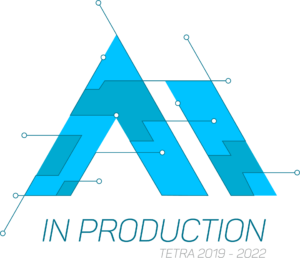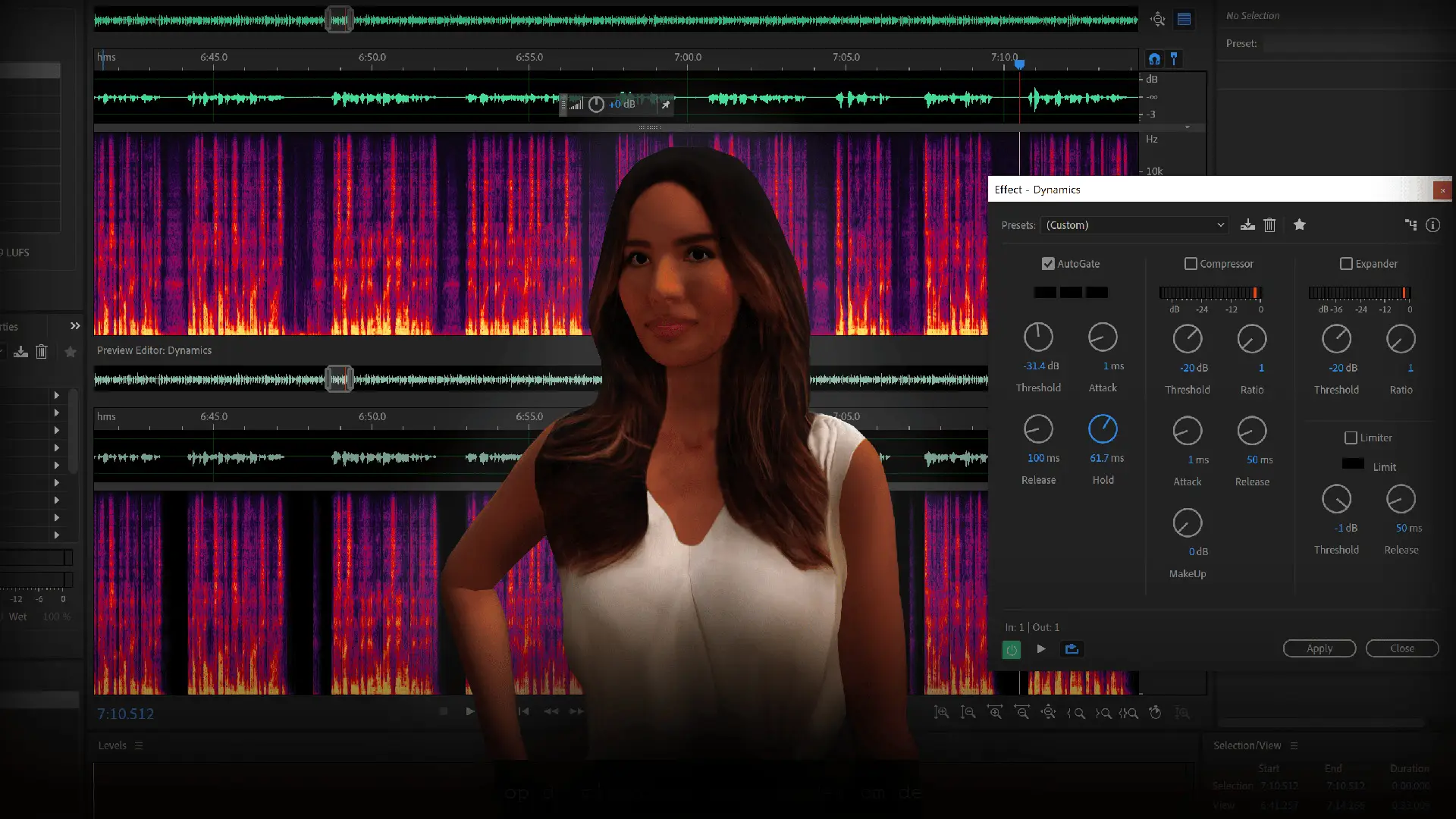Game testing, creating animations, or designing realistic conversations are just a few examples in which AI can and will play an important role in the future. DAE-Research started this TETRA project to better map out the possibilities. Together with a guidance group consisting of several Games and VFX companies, we believe that using AI will free up more time for the creative process itself. Collaboration and interaction with the support group ensure that our research is applicable and valuable in the field.The current TETRA is the follow-up to a preparatory year that ended in September 2020. In the preparatory year, various use cases were identified together with the guidance group in which AI will have the most impact.
On January 1, 2021, we started to further develop the use cases and broaden the knowledge and research from the first year. In concrete terms, we offer the companies in the support group the following:
6 validated proof of concepts based on the input received:
- Basic knowledge about AI & existing tools and methodologies
- In-depth knowledge of AI applied to games, VFX and animation
- Test and compare existing AI tools
- Workshops to train employees
- Continuous updates on project results and relevant academic papers through website blog posts and meetings
- Networking


